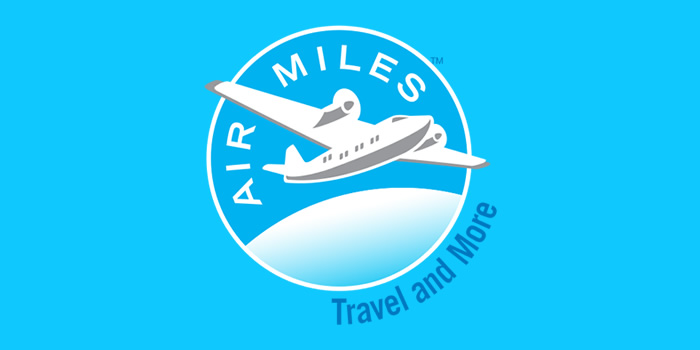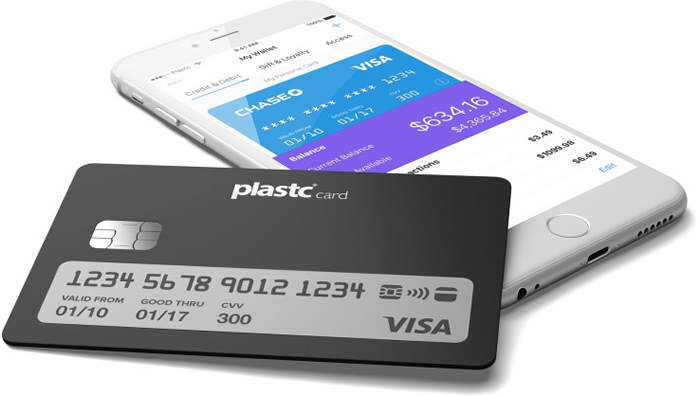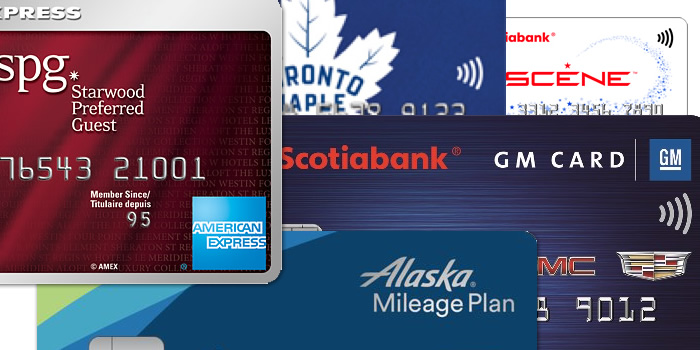
2016 was a rough year for Air Miles. The company found itself in the middle of a PR nightmare when it attempted to introduce an expiry policy that would see unredeemed points older than five years start to expire beginning in 2017. The company ended up doing an about-face, cancelling the controversial policy a couple months ago, but it seems that cardholders still haven’t forgiven the travel rewards program. (It probably doesn’t help that Air Miles recently devalued some of its rewards.)
Air Miles parent company LoyaltyOne has taken a beating both with its reputation and bottom line. Loyalty is a two-way street. In order for a loyalty program like Air Miles to thrive, it needs cardholders to actually use the card. Unfortunately for LoyaltyOne, Air Miles usage in both in-store promotion and customers’ card use dropped at the end of 2016.
Loyalty programs like Air Miles aren’t just offering rewards out of the goodness of their hearts. Interchange fees, the fees that are collected every time you swipe your credit card, are their lifeblood. With fewer folks swiping their Air Miles credit cards, this will undoubtedly hurt Air Miles’ bottom line.
The decline in Air Miles usage shouldn’t come as a surprise after everything that cardholders had to endure last year. Cardholders didn’t find out about the expiry policy from Air Miles itself. No, they found out from a CBC reporter. This led to thousands of cardholders trying to redeem their reward points before they became useless at the end of 2016. Air Miles couldn’t handle the increased demand, leading its website to crash. To make matters worse, Air Miles’ call centre was inundated with calls. Cardholders were frustrated with having to wait hours on hold to speak with a call centre rep.
Retailers Lose Out on Air Miles, Too
Air Miles isn’t the only one who has been on the receiving end of complaints. Its retailers and partners have heard their fair share of complaints. Air Miles is partnered with some major Canadian retailers, such as LCBO, Metro and Rexall Pharmacy Group. Many of these customers directed their hostility toward the retailers. (It probably didn’t help matters, when they were told to instead contact Air Miles directly.)
The major benefit of a program like Air Miles for retailers is that they don’t have to go through the expense and hassle of setting up their own rewards program. Running a rewards program isn’t cheap. For a program like PC Plus offered by Loblaw stores, issues such as shopper data analytics, information security and customer service, have to be managed. With a program like Air Miles, Loyalty One takes care of all the grunt work, hopefully leading to a boost in sales for retailers.
Retailers are understandably concerned with the decline in usage of Air Miles. If less people are using their Air Miles card, it could lead to a decline in the number of items being rung out at the checkout. Grocery retailer giant Metro has already gone on record to say it’s reconsidering its partnership with Air Miles going forward. Another retailer Fountain Tire actually boosted the number of miles cardholders earned to win them back.
Air Miles is taking steps to mend its battered reputation. It’s extending the olive branch, issuing a public apology to members for their treatment last year. It’s also offering bonus perks to members, including the chance to win a cruise giveaway later this year and free movies for cardholders who sign up with coupons at two retailers.
The Bottom Line
Loyalty is a two-way street. It will take a lot more than a cruise giveaway and a public apology to win back Air Miles cardholders, but it’s a good start. The Air Miles situation serves as a lesson that loyalty programs like Air Miles need to be careful with how they treat their members. If members decides to stop using their cards in droves, it could mean the end of a once popular program.




